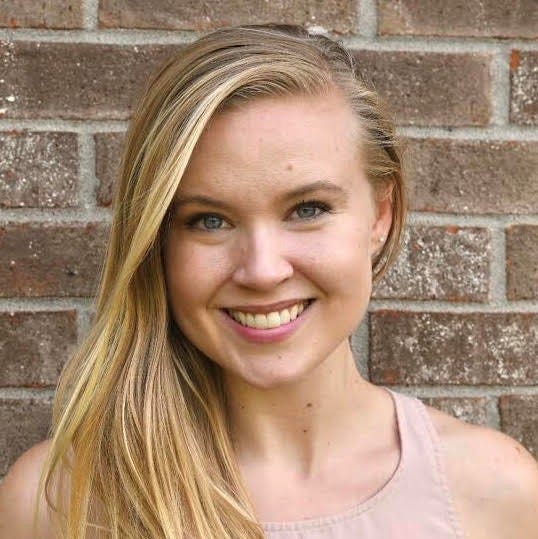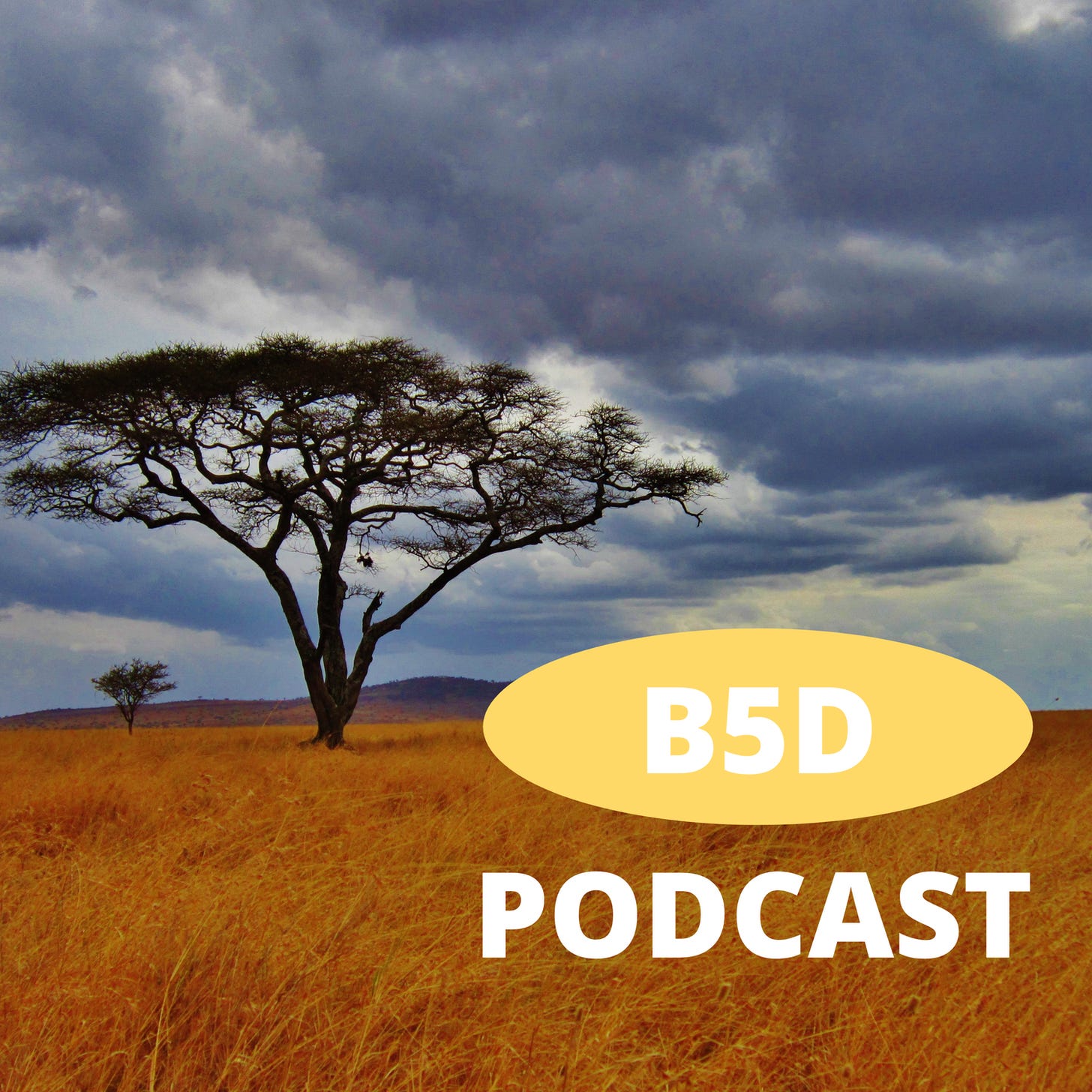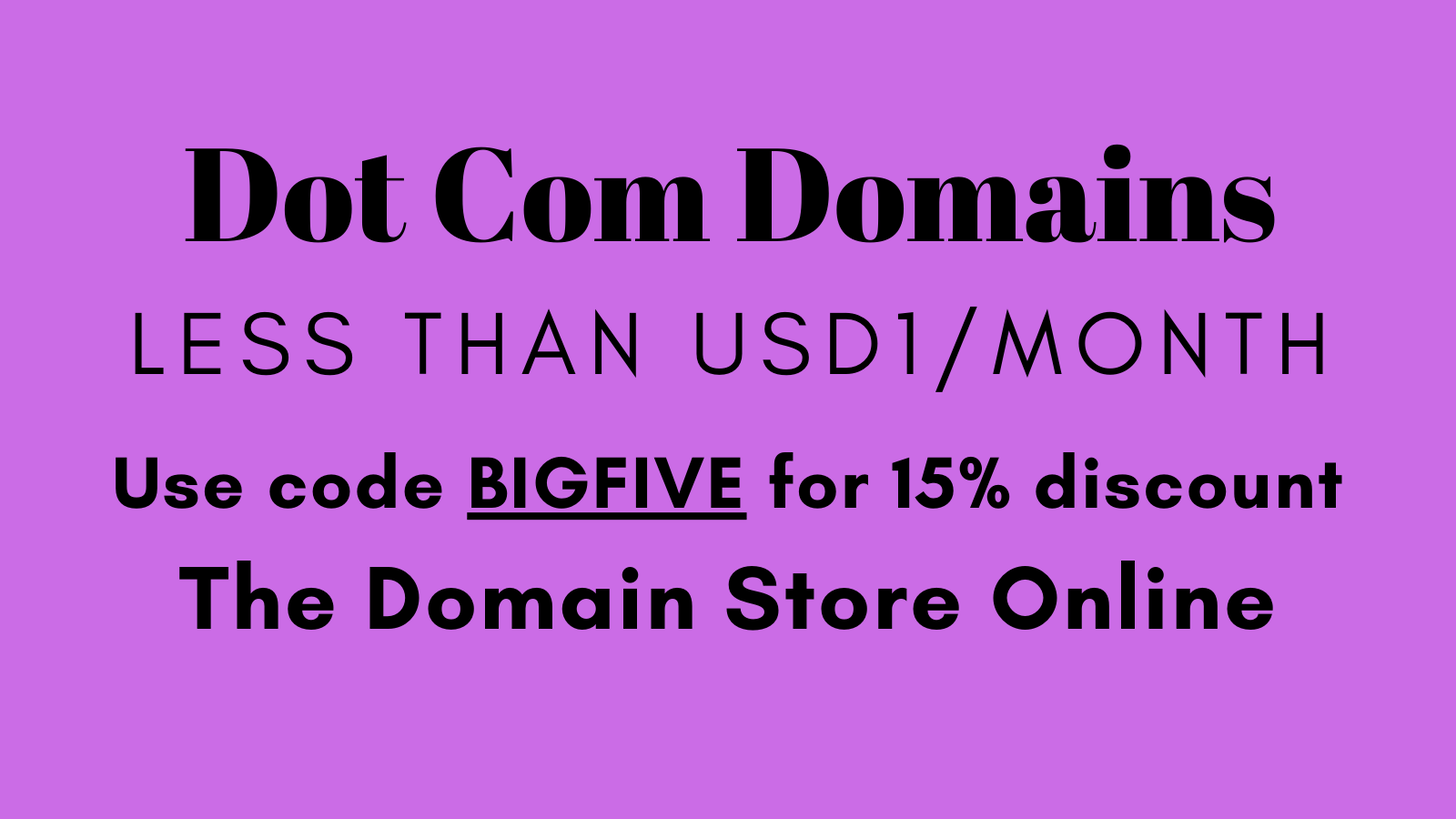This week’s podcast features an interview with Tori Samples. She is the co-founder and CTO of Leaf Global Fintech. Founded in 2017, Leaf is leveraging blockchain technology to offer a digital wallet to underserved populations in Africa. Notably, refugees, migrant workers, and small traders operating across borders.
The company is based in Kigali and operates in Kenya, Rwanda, and Uganda.
We got right into it with Tori on some of the tougher questions that come up when you’re talking to the founder of an impact-driven business.
For example, Can you scale a business that is built on a mission to help people rather than a mission to make money? And are investors energized by the idea, or do they scoff at the idealism? Her view is it’s not an either/or, but an and. You can do well by doing good. But she also acknowledged some perception battles, particularly in securing investor capital.
“Refugees are a very, very diverse group. And there's a spectrum of people included under that broad label. There are about 80 million forcibly displaced people in the world today. It's about 1% of the world's population. And as you can imagine, if you took a random sampling of people across the world and pulled 1%, you'd have all sorts of people in there.”
As notable as Leaf’s impact-driven focus is its foundation in the blockchain. We get into the role blockchain plays in Leaf’s success to date. And we talk about how it will impact the African fintech space in the near term.
Tori is a US native living in Kigali who has a lifelong passion for helping refugee communities. Her personal interest in the issue intersected with her entrepreneurial ambitions when she and her current business partner Nat Robinson worked on the idea for a grad school competition at Vanderbilt University.
Please note, the interview with Tori begins at the 6:45 mark of the podcast.
You can also watch the full interview on YouTube.
Here are some key quotes from this episode.
Why focus on the migrant and refugee market?
“We estimate the banks are missing out on about 40% of the bankable markets in the countries that we operate in. And so a lot of those people are refugees or migrants or cross-border traders, people that fall into our target customer segments. We've done a lot of work in finding out what the financial needs of refugees actually are. And we are not just relying on academic and NGO research that sometimes doesn't apply the commercial sector lens. We really dug into it on our own. And then we built a product around this idea of offering affordable, accessible, convenient cross-border financial services to people who may or may not be device enabled with a smartphone.”
What impact can blockchain have on African SMME fintech?
“So you hear a lot of people talk about how blockchain is going to change the world. And how it will change Africa in particular. And all of that has the potential to be true. Yet none of that matters day to day if you're not out there doing it. I am so proud that we are one of the few that is out there doing it every day. We're live in three countries in East Africa and adding more within the coming months. And so, I think that blockchain, when applied correctly, has significant potential to impact lives all over the continent. But the most important thing is that it be regulatory compliant…and then also that it be accessible. So there needs to be on and off ramps. In order for this thing to work, you can't just hold an asset in theory and have it mean something to your daily life. Especially if you sacrificed to get the asset there.”
What challenges do cross-border traders face in a cash economy?
“Estimates are that about 40% of people on the continent rely on cross-border trade for income in some way. So that's about 500 million people. Most of that is in the informal sector. So these are people that are buying goods in one country, traveling across the border on foot, selling them in another country, getting cash and then traveling back with cash. And that proves to be very dangerous. Because not only are they carrying large amounts of cash, but they're crossing a few times a week. And so they're known…and easily taken advantage of on the road and at the border points and anywhere in between. And there aren't digital solutions for these people.”


















Share this post